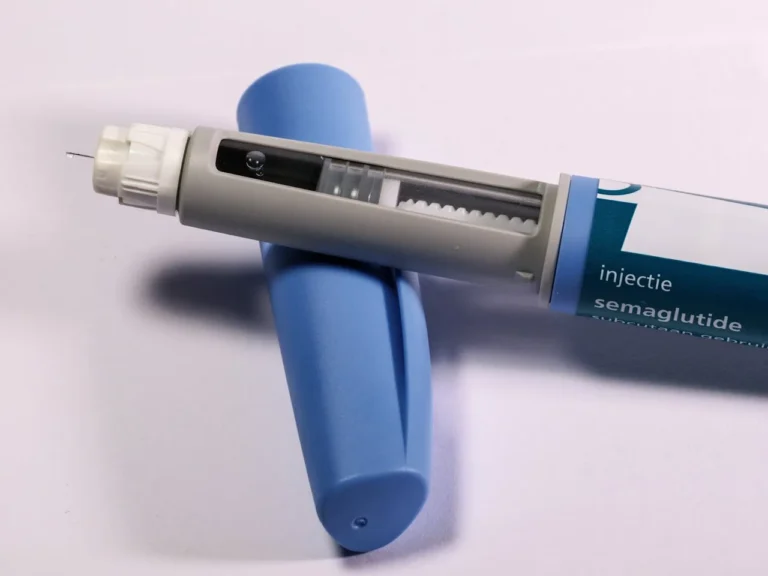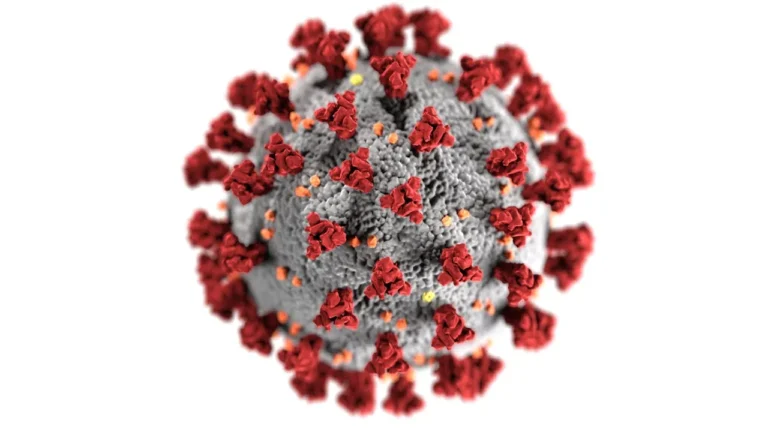
Bayer AG and Asklepios BioPharmaceutical, Inc. (AskBio), a gene therapy company wholly owned and independently operated as a subsidiary of Bayer AG, announced today the completion of the 18-month data collection in the Phase Ib clinical trial for AB-1005 (AAV2-GDNF), an investigational gene therapy for treating patients with Parkinson’s disease (PD).1,2
The study met its primary objective, which was to evaluate the safety of a one-time bilateral delivery of AB-1005 directly to the putamen. Eleven patients were enrolled into two cohorts, Mild stage PD (6 patients) and Moderate stage PD (5 patients), based upon the timing from a PD diagnosis and the severity of their PD symptoms at screening.1 Neurosurgical delivery of AB-1005 was well tolerated by all patients with target putamen coverage of 63% ± 2%, exceeding the goal of greater than 50% coverage with AB-1005. No serious adverse events have been attributed to AB-1005, with continued clinical follow-up for up to 5 years post administration ongoing.2
“We are encouraged by these early data, which show AB-1005 to be well tolerated in this study in patients with mild to moderate Parkinson’s disease,” said Krystof Bankiewicz, MD, PhD, Scientific Chair, Parkinson’s and MSA, AskBio. “Although there is still much to learn about this early-stage investigational gene therapy, these first findings will inform our work in this space and have the potential to contribute to the clinical advancement of AB-1005 for the treatment of Parkinson’s disease.”
Patients also completed 18-month neurological assessments and self-reported questionnaires at regular intervals to evaluate the severity of motor and non-motor symptoms associated with PD. Additionally, brain imaging was performed to longitudinally assess safety and potential changes in dopamine handling or abnormal metabolic patterns associated with PD.1
AskBio is planning to present the 18-month study data, including secondary endpoints, at a scientific meeting in Q2 2024. Planning is underway for a Phase II trial that is expected to begin screening patients in the first half of 2024. The trial design has been harmonized with feedback from U.S. and European health authorities.
“People living with Parkinson’s disease deserve options to address their unmet medical need,” said Christian Rommel, PhD, Member of the Executive Committee of Bayer’s Pharmaceuticals Division and Head of Research and Development. “The positive outcome of the AB-1005 Phase Ib clinical trial is an important step forward in our goal to deliver much-needed treatments in areas where innovation has the potential to make a tremendous impact.”
About AB-1005
AB-1005 is an investigational gene therapy based on adeno-associated viral vector serotype 2 (AAV2) containing the human glial cell line-derived neurotrophic factor (GDNF) transgene, which allows for stable and continuous expression of GDNF in localized regions of the brain after direct neurosurgical injection with MRI-monitored convection enhanced delivery.3,4 GDNF is a homodimer that is a distantly related member of the transforming growth factor-β superfamily. In midbrain neuronal cell cultures, recombinant human GDNF promoted the survival and morphological differentiation of dopaminergic neurons and increased their high-affinity dopamine uptake. GDNF has long been evaluated as a potential treatment for diseases, such as Parkinson’s, marked by progressive degeneration of midbrain dopaminergic neurons.5




